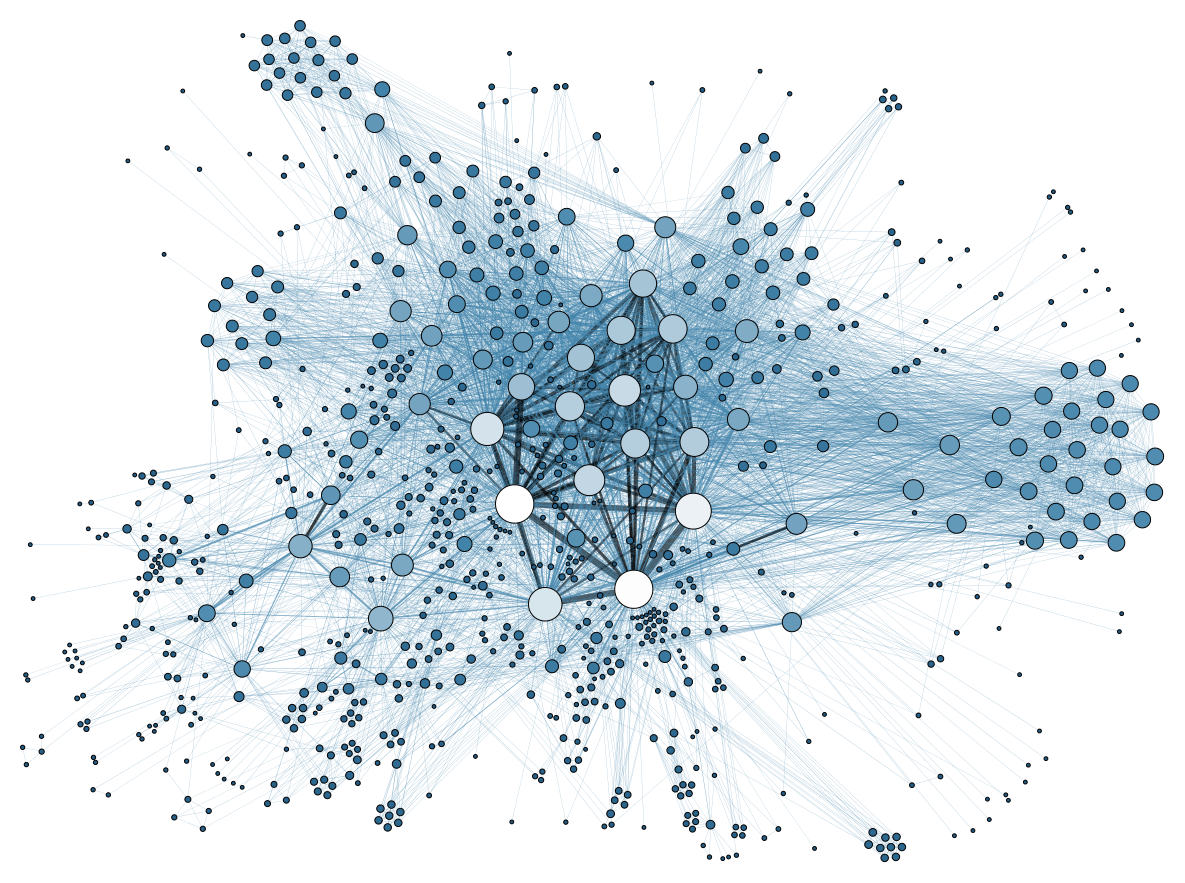Soon the sound of cashing in may go from “Kaching!” to “Crunch. Crunch.”
In every city I’ve lived in on two continents, folks are always walking around usually with shopping carts collecting scrap metal, cans and plastic bottles to sell to recycling plants. It always seemed like a win-win-win situation to me—the city saves on sorting and recycling costs, the collector obviously needs the money—why else would you dumpster dive?—and the earth benefits.
Add to that, no matter where you live, most people astonishingly still don’t recycle. I’m constantly maddened by those who throw plastic bags of trash in the organic bin or fold up cardboard to shove into the glass container! But then, if you’re like me, you care for the earth and you make a quasi-effort, where you recycle right up until it gets slightly inconvenient and then you bag it all together and throw it in the bin.
Municipalities are always trying to motivate us to recycle. My New Jersey hometown suburb provides everyone with recycling bins that are weighed and scanned at pick-up, incentivizing with discounts and gift certificates to local shops and restaurants. They also make you want to limit your waste by making you buy and use only special, much-more-expensive-than-the-store garbage bags from the town council. Stockholm tries to work shame and neighborhood pride in by displaying which specific blocks are the best and worst at accurately recycling. In Berlin, you hardly ever spot a plastic bottle because they’re snapped up right away, as, like glass Coke bottles years ago, each water or soda purchase comes with an extra cost or “deposit” of 30 cents that you can redeem from reverse vending machines at the market.
And then there is Canada, where you at least won’t see folks tossing away their polymer-based currency. What if all plastic started to have a monetary value for us? Would we finally be motivated to recycle?
The concept of social plastic was developed in 2014 by David Katz and Shaun Frankson under the ark of the organization The Plastic Bank. The Vancouver-based company makes more organized points of sale for these impoverished solopreneurs to sell their plastic finds. Then, The Plastic Bank either recycles on site or ships it a recycling plant.

The difference from Cash Converters and other pawnbrokers? Instead of exchanging plastic for cash, it’s exchanged directly for essential goods like clothing and food, at a rate of about 25 cents per pound.
As Katz points out, with 300 million tons of new plastic created every year, that’s actually trillions of dollars worth of plastic in slow, slow decay all across our planet.
“If we can reveal the value in plastic, we can make it too valuable to throw away. If we can reveal value in people, we can unleash the potential of the world’s most disadvantaged and give them a platform to improve their lives,” Katz said.
Not only is The Plastic Bank enabling more recycling, they are experimenting with new ways of recycling themselves. In June 2014, the organization released the world’s first 3D-printed item made from recycled ocean plastic, taking this “lowest quality plastic possible” and converting it into a usable feedstock. They published the software as open source in order to collaborate with other social entrepreneurs to improve the technique.
What’s really interesting is that these recycling collectors can exchange plastic for access to a 3D printer, so they can print things like water filters.
The Plastic Bank has completed pilot programs for its Social Powered Plastic Recycling Markets in Peru and Haiti. Now they’re looking to help the impoverished and planet everywhere!
But is this enough motivation for you to recycle? Think you have a better idea? Tweet it to us at @TefDigital!
This was the final installment of a three-part series on how to blend saving the planet with saving mankind. Feel free to read the first two—-about clean water and on solar-powered saleswomen—too! At Telefonica, we believe in and support social entrepreneurship.








